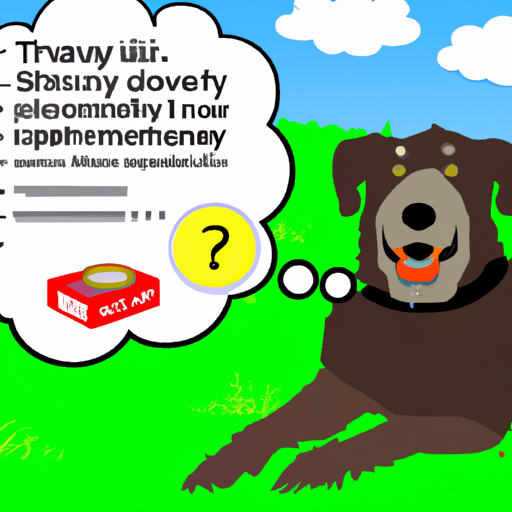Understanding Hookworms in Dogs
As a loving caregiver, your pet’s health is always your top priority. One of the most common parasites that dogs can contract is hookworms. These internal parasites can cause a host of health problems in your furry friend. Once your vet has confirmed a hookworm infection, you’re likely to wonder, “how long does it take for hookworm medicine to work in dogs?”.
The Treatment and Recovery Timeline
Typically, a dog might begin to show improvement within 2-3 days after starting a course of hookworm medication. However, complete eradication of the parasites often requires 2-4 weeks. Let’s delve deeper:
- Initial Dosage: The first dosage of hookworm medication begins the process of killing off the parasites. You might start seeing improvement within 48-72 hours, but this doesn’t mean the infection is entirely cleared.
- Follow-up Dosage(s): Most medications require follow-up dosages to ensure all hookworms, including those that were in a dormant stage during the first dosage, are killed. This is usually administered two weeks after the initial dosage.
- Final Check-up: A final fecal examination, usually four weeks after the initial dosage, confirms whether all hookworms have been eradicated.
Medications Used for Treatment
There are several different medications that can be used to treat hookworms in dogs. The choice of medication often depends on factors such as the dog’s age, health status, and severity of the infection. Here’s a table summarizing the most common ones:
| Medication | Dosage Frequency | Side Effects |
|---|---|---|
| Fenbendazole | Daily for 3-5 days | Rare, but may include vomiting or diarrhea |
| Pyrantel Pamoate | Single dose, repeated after 2 weeks | Rare, but may include stomach upset |
| Moxidectin | Single dose, repeated after 2 weeks | Rare, but may include loss of appetite |
Preventing Future Hookworm Infections
Once your pet has been treated, you’ll want to ensure they don’t contract hookworms again. Here are some steps you can take:
- Regular fecal tests: A regular fecal test is the most reliable way to detect hookworms early. Aim for at least once a year.
- Hygiene: Always pick up after your pet to prevent eggs from contaminating the environment.
- Regular deworming: Regular deworming, as recommended by your vet, can help prevent hookworm and other types of worm infections.
Frequently Asked Questions
Q: Can humans get hookworms from dogs?
A: Yes, but it’s rare. The best prevention is good hygiene, like washing hands after handling pets and before meals.
Q: Can hookworms be fatal to dogs?
A: If left untreated, severe hookworm infection can indeed be life-threatening, particularly in puppies. Early detection and treatment are key.
Q: How often should I deworm my dog?
A: The frequency of deworming depends on your pet’s lifestyle and risk factors. Your vet can provide personalized advice.
Caring for a dog with a hookworm infection can be stressful, but armed with the right information, you can ensure your pet gets the best possible care. Remember, when it comes to fighting hookworms, patience and persistence are your allies.



